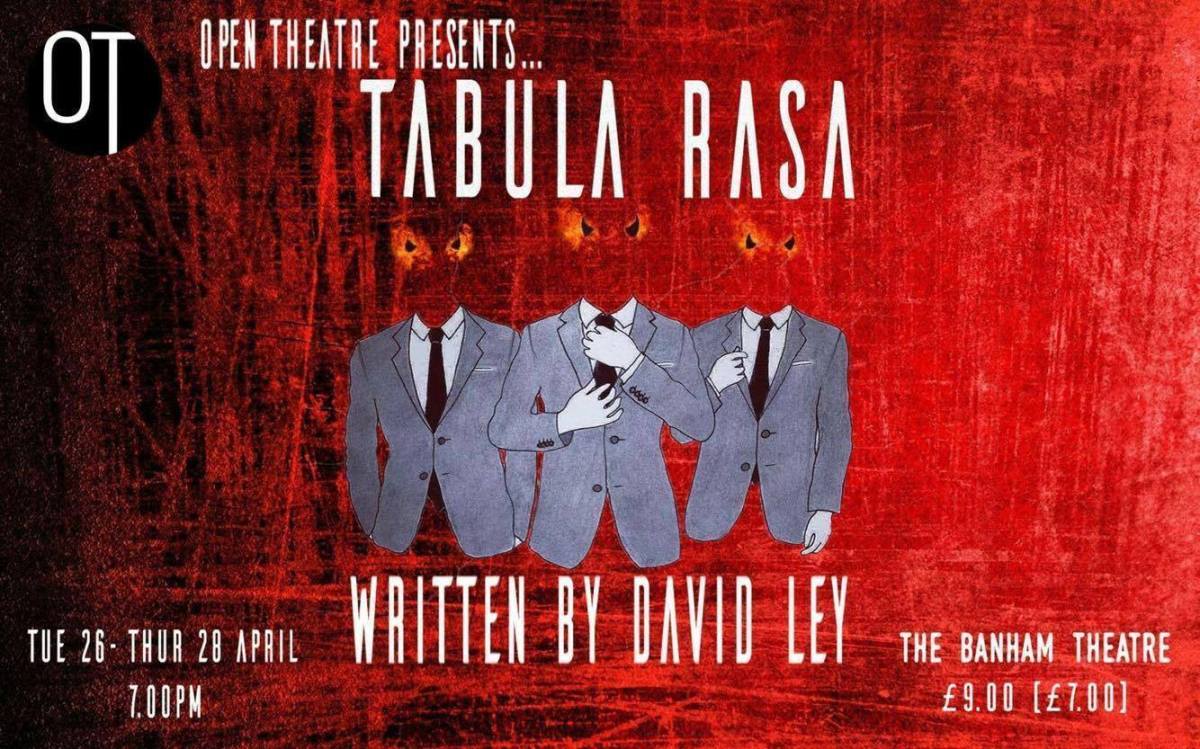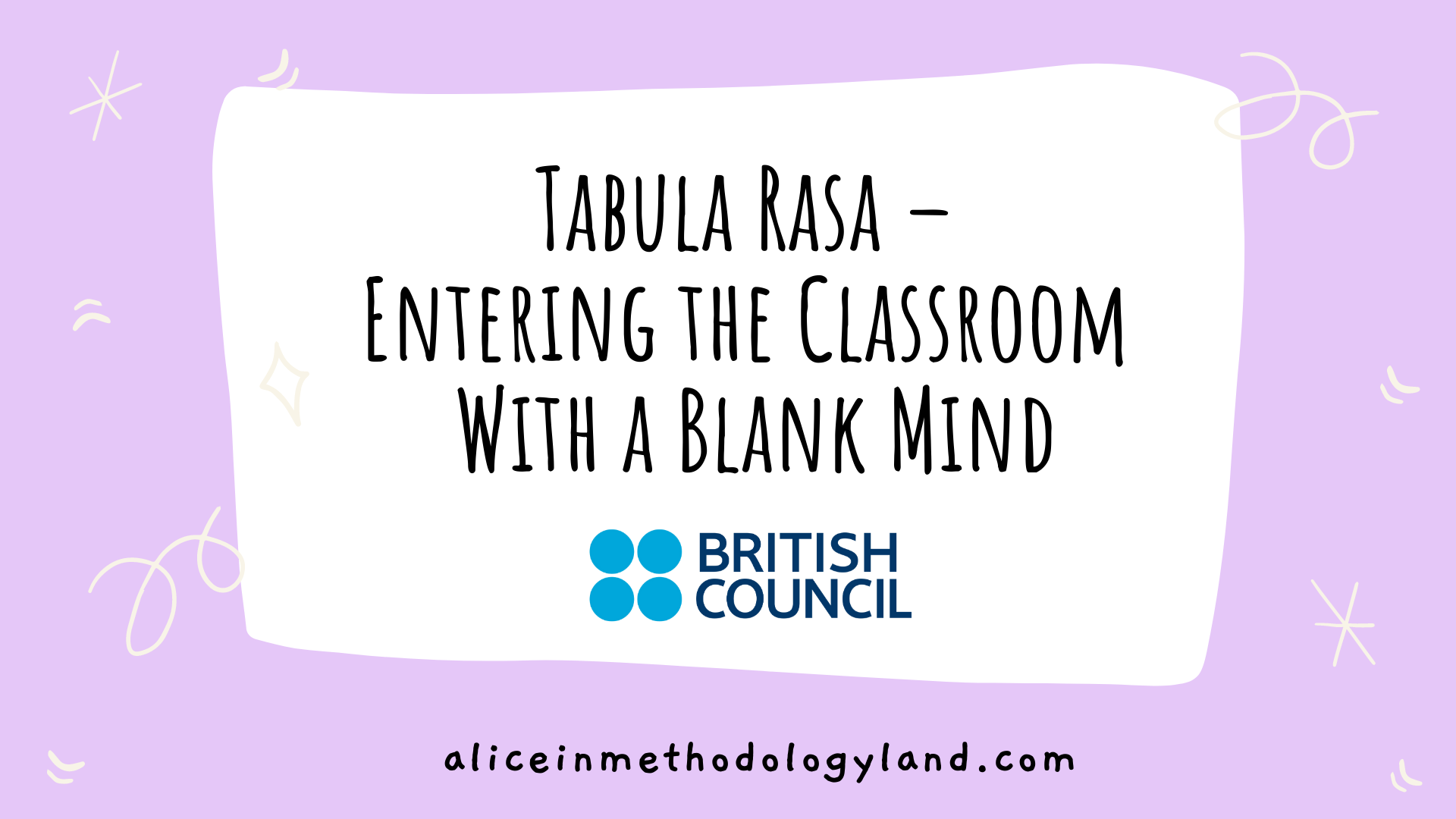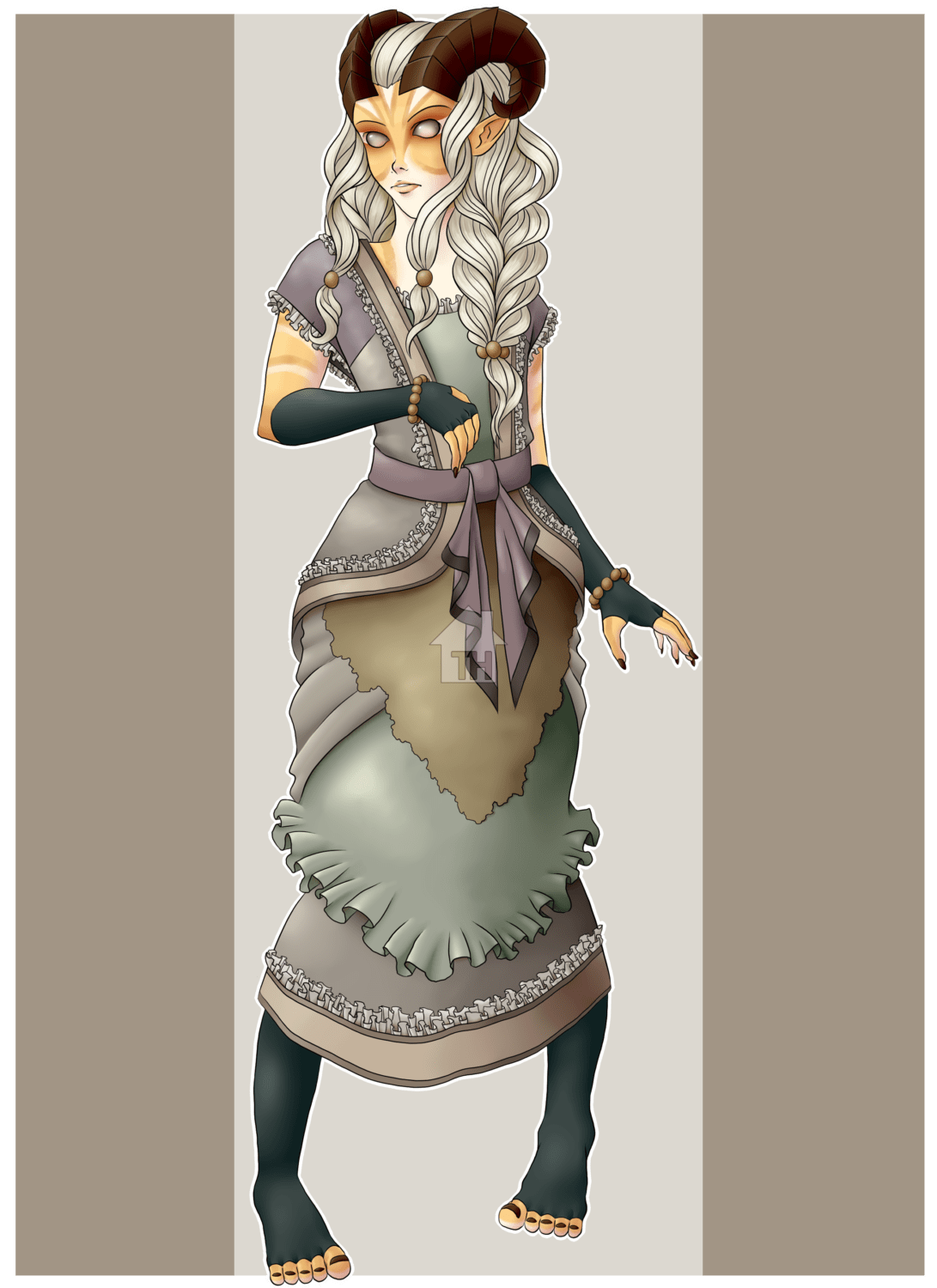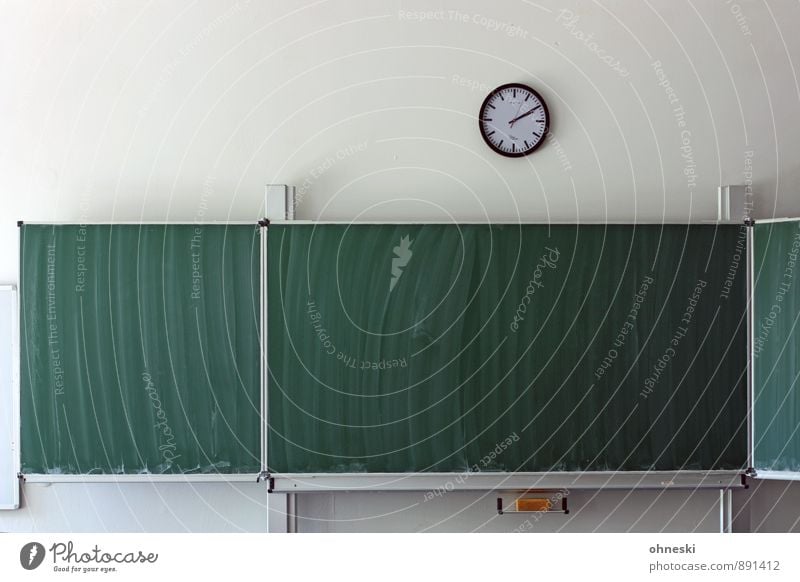
(PDF) Philosophy of Tabula Rasa Theory and Education of a Typical African Child
situation of the child born a tabula rasa, Byrne (1977) stated that without the ability of the educator to form habits, no child could profit by experience alone, and learning would be impossible. The educational theory of tabula rasa tends to evoke learning- practice for the child, in order to make what he learnt a habit.

Tabula Rasa LinkedIn
The Theory of Tabula Rasa and Education Process of the African Child: The child born a ta bula rasa is a ps ycho-physico entit y, meant to be educated . The child in the educational

Tabula Rasa Tabula Rasa Galleries
John Locke (b. 1632, d. 1704) was a British philosopher, Oxford academic and medical researcher. Locke's monumental An Essay Concerning Human Understanding (1689) is one of the first great defenses of modern empiricism and concerns itself with determining the limits of human understanding in respect to a wide spectrum of topics. It thus tells us in some detail what one can legitimately claim.

Tabula Rasa AP (tabula_rasa_ap) Twitter
Tabula rasa. Tabula rasa ( / ˈtæbjələ ˈrɑːsə, - zə, ˈreɪ -/; Latin for "blank slate") is the idea of individuals being born empty of any built-in mental content, so that all knowledge comes from later perceptions or sensory experiences. This idea is the central view posited in the theory of knowledge known as empiricism.

Tabula Rasa Strategies by Gandakoh
The Theory of Tabula Rasa and Education Process of the African Child: The child born a tabula rasa is a psycho-physico entity, meant to be educated. The child in the educational

Tabula Rasa Blog Αποκτήστε εντελώς δωρεάν, το νέο ebook παραμυθιών των σπουδαστών της σχολής
Tabula Rasa describes the idea that people begin life as a blank slate onto which experiences are mapped, forming a person. Aristotle was the first writer to talk about the mind as a blank slate.

¿Tabula Rasa? TABULA RASA
Abstract. It is widely believed that the philosophical concept of ' tabula rasa ' originates with Locke's Essay Concerning Human Understanding and refers to a state in which a child is as formless as a blank slate. Given that both these beliefs are entirely false, this article will examine why they have endured from the eighteenth century.

Tabula Rasa Foundation
The Tabula Rasa Conceptualization of Learning.. There are several variations of the tabula rasa metaphor in the field of education. One variation is a metaphor in which the student is a lump of clay subject to molding by the teacher (Scheffler 1960). Another uses the metaphor of an empty vessel to describe students,.

😊 Concept of tabula rasa. In Philosophy, what does Tabula Rasa Mean? (with pictures). 20190224
It is pointed out that Locke's concepts of tabula rasa does not deny the existence of biologically innate aspects of nature. In addition, it is found that a number of current theories dealing with theory formation are inadequate for explaining the origins of such key concepts as tabula rasa. As a consequence, an alternative theory of concept.

mytens Blog
Notes on John Locke's Views on Education. ☆. John Locke's views on education are based on his empirical theory of human knowledge in his famous work "An Essay Concerning Human Understanding". When born, the mind of the child is like a blank slate — "tabula rasa", to be filled later with the data derived from sensory experience.

Tabula Rasa Transcendence and Shaven Head LiCAS.news
Tabula rasa is a Latin term and theory that describes our mind as a "blank slate" at birth. This "slate" becomes filled with each new experience. Through all of these experiences, we form thoughts and personality traits. Our decisions and behaviors stem solely from our experiences. This contrasts the idea that we are born with certain.

“Tabula Rasa” Review The Scribe Review
Tabula Rasa is a philosophical concept that suggests that humans are born with a blank slate and that all knowledge we possess is gained through experiences and interactions with the environment. This idea has important implications for teaching students, as it encourages educators to take an active role in helping students develop knowledge.

Tabula Rasa Entering the Classroom With a Blank Mind aka Explore Some NoPrep ESL Activities!
The concept of tabula rasa has profoundly influenced our understanding of human nature, learning, and identity formation. By challenging the notion of innate knowledge or predetermined characteristics, it highlights the significance of experiences and the environment in shaping individuals. While the theory has evolved and been refined over.

Character Profile Tabula Rasa
Learning Theory and Behaviour. P. Marler, in Learning and Memory: A Comprehensive Reference, 2008 1.17.5 The Role of Innate Knowledge in Song Development. The view of the brain as a tabula rasa, a blank slate, all too long a basis for the thinking of learning theorists, is patently absurd.Whatever the task, every brain brings to bear a set of neurally based predispositions, each with its own.

Blank Slate Theory WalterzebPoole
Other writers are clearer in combining the tabula rasa idea with a commitment to the idea of innate knowledge. Roger Bacon (1215-1292), for instance, suggests that the human soul is created with the species (aspects or forms) of all things within it, which reflects an Augustinian conception of knowledge.

time Education School a Royalty Free Stock Photo from Photocase
Tabula rasa is certainly a perspective on learning, but it is more a metaphor than a theory. Status as a Theory of Teaching Tabula rasa is not a theory of teaching. Status as a Scientific Theory Tabula rasa has no scientific basis. Subdiscourses: Pu; Map Location. Please cite this article as: Davis, B., & Francis, K. (2022).